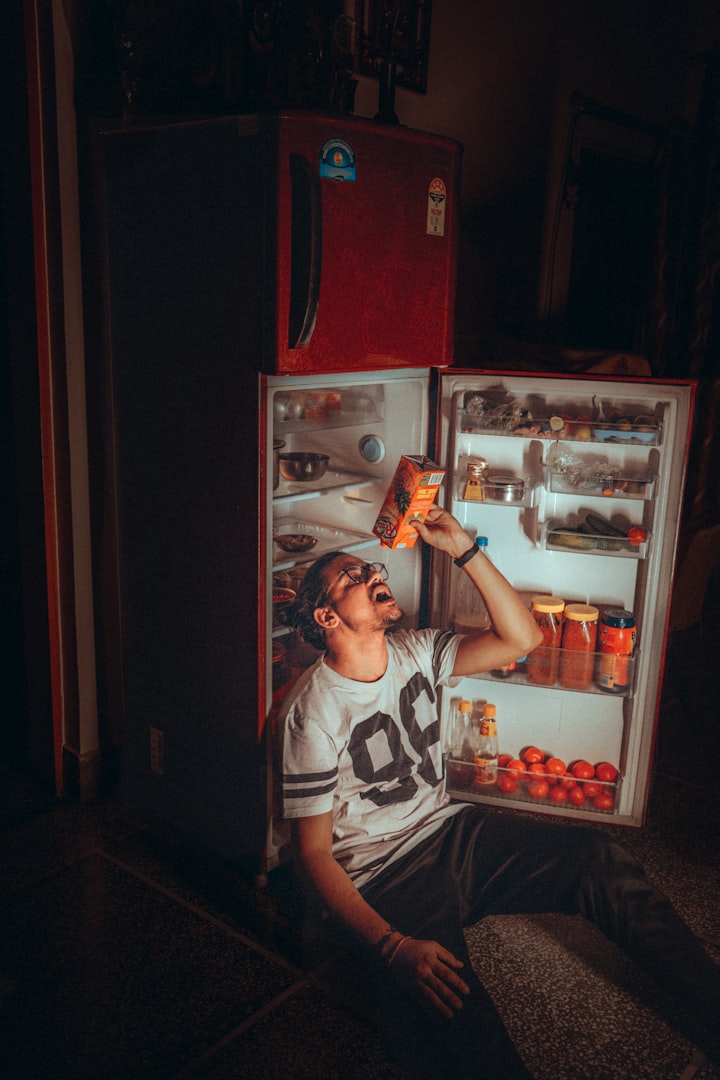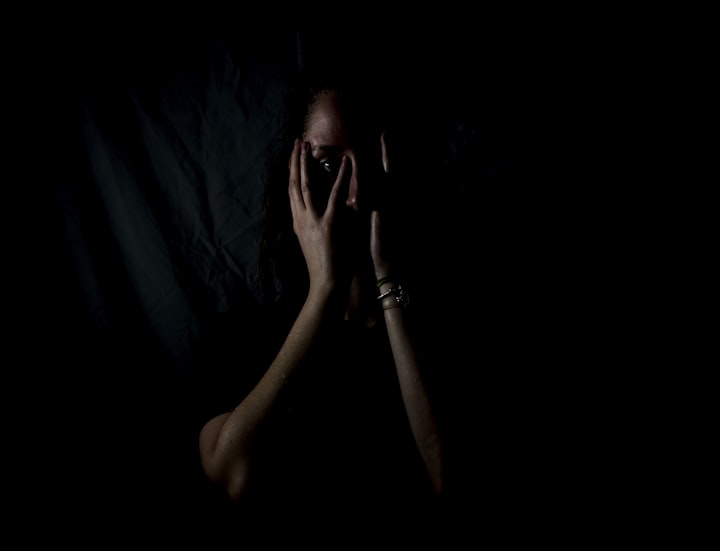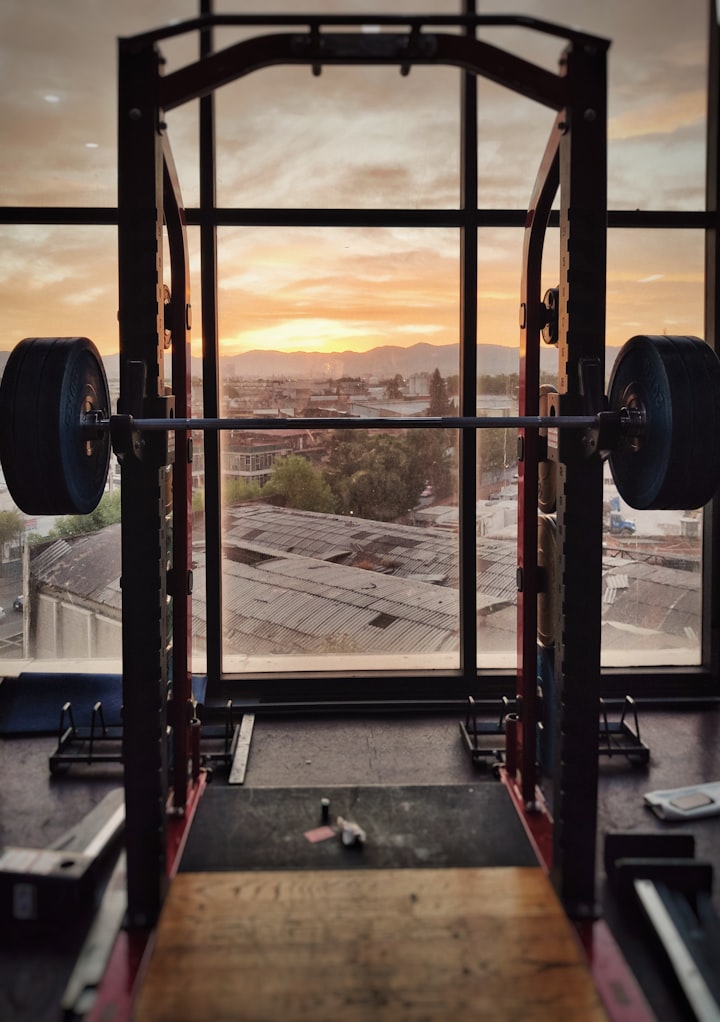Tips For Managing Depression (Stress) In Quarantine
Coping With COVID-19

Many circumstances in this COVID-19 pandemic situation can make a person depressed. Here are some methods for dealing with depression when in lockdown due to COVID-19.
The COVID-19 pandemic and the ensuing lockdown are wreaking havoc on all aspects of modern life, including psychological health and well-being. This public health emergency may have a particularly negative effect on people who suffer from depression.
The stresses of the pandemic's health risk and the tragic loss of life it has caused, combined with social isolation, a lack of access to favorite hobbies, and an uncertain future, are challenging for everyone. These problems can be especially difficult for people who are suffering from mental illnesses.
In a Asian report on the disease's psychological effect, nearly 35% of respondents said the pandemic had caused them psychological problems. COVID-19 is an additional problem for those who already suffer from depression. Individuals that did not have psychiatric depression prior to the pandemic may now be showing signs of the illness.
Individuals working on the "frontlines" of the pandemic, such as in healthcare, grocery stores, and other high-pressure environments, face an increased risk of COVID-19 exposure for themselves and their families.
Continue reading to learn more about how the COVID-19 pandemic and ensuing lockdown can affect depression, as well as coping strategies and treatment recommendations.
The effect of the pandemic on depression:
Depression is much more severe, all-encompassing, and debilitating than simply feeling sad. It's an undeniable neurological ailment that affects both the mind and the body.
Depression affects how people sleep, eat, and perceive the environment. Difficulties that seem minor to others can seem insurmountable to you. Individuals would most likely be unable to concentrate or even face basic everyday tasks such as waking up in the morning and dressing themselves.
According to experts, people who are dealing with mental health issues could be more vulnerable than others during a public health emergency because:
- It could be more difficult for them to get to medication.
- They would undoubtedly become infected.
- Isolate can make it difficult for them to attend their regular appointments, such as therapy sessions or making certain lifestyle choices.
- Having difficulties having their prescriptions completed.
- Concerned about the spread of COVID-19 and how it could affect their friends and families, they are experiencing extraordinarily high levels of anxiety.
- Confused about their financial situation.
- Feeling uncertain and frustrated on what to do about purchasing necessities.
- Covid 19 mental stress and social isolation worsens their pre-existing disorder.
- Experiencing an increased sense of helplessness and hopelessness about the future.
Precautions and Tips
One rule to follow when dealing with a global crisis is to avoid spending any second in "emergency mode." Individuals can remain grounded in difficult times by engaging in a variety of activities. Make a point of acknowledging:
- Maintaining social connections
- As far as possible, stick to a regular routine.
- Limiting the amount of time spent by drawing up with the news and social media
- Considering activities that are physically active
- Follow sleeping a healthy eating plan
- Try to get enough sleep
- Avoiding liquor and prescription drugs
- Concentrating on the aspects of your life that you have control over
These activities would not improve anyone's situation; however, they will help people recognize that they still have a connection to their previous way of life. Individuals who concentrate on this will take action to make themselves feel better.
Treatment
Depression is a serious mental health problem that can be treated. Prescription and psychotherapy are the two most important aspects of depression treatment. While people can choose one without the other, many experts believe that combining the two produces the best results.
Antidepressants are prescription medications that can help people with their depressive symptoms. Antidepressants come in a variety of forms, some of which are suitable for use in combination. Because there are so many options, it can take some time for people to find a doctor who can help them in the way that they need.
The following are some examples of talk therapy options:
CBT (cognitive-behavioral therapy): This treatment aims to assist people in changing their unhealthy perspectives and behaviors.
Family therapy: Is concerned with how people and their problems fit into a family system.
Interpersonal therapy: This treatment focuses on discovering appropriate communication methods.
Friend support can be beneficial: Particularly in the event of a crisis. Individuals with depression and their loved ones will find peer-led support groups all over the country through the National Alliance on Mental Illness.
Depression was the second most common psychological health disorder among disaster survivors after post-traumatic stress issues, according to researchers studying the connection between severe mental illness and post-traumatic issues (PTSD).
However, people who experienced depression as a result of such events had a high rate of recovery.
Individuals would usually be unable to see a psychotherapist in person unless they are in an emergency situation or on lockdown. Digital therapy, on the other hand, is an option.
Other home remedies and lifestyle choices, such as diet and exercise, may also help with depression symptoms.
When do you ask for help?
Depression is a serious psychological ailment that the COVID-19 pandemic would almost certainly worsen. If you experience any of the following symptoms over a long period of time, you should seek professional help:
- Feelings of depression or emptiness on a regular basis
- Eating fundamentally pretty much than expected
- Agitation
- A severe shortage of energy
- Irritability and pessimism
- Loss of interest in stuff that once piqued your interest
- Inability to think
- Suicidal thoughts and attempts
Summary
Depression is a serious mental health problem that can have a huge impact on people's lives.
The outbreak of COVID-19 has made life extremely difficult for everyone, but it could be an even greater problem for people who are depressed.
However, even in the midst of a pandemic, depression is treatable, and it is critical to continue seeking treatment and sticking to it, even in extreme circumstances.
Always remember that you are LOVED!
About the Creator
lovely tolentino
Hi ! My name is Lovely, I am 23 yrs old, Avid reader.
I love to inspire & help other people through my writing.
This journey & passion is uniquely my happiness, One read makes difference. Thank you!
You can follow me on Instagram
@xx_lovelyvien






Comments
There are no comments for this story
Be the first to respond and start the conversation.